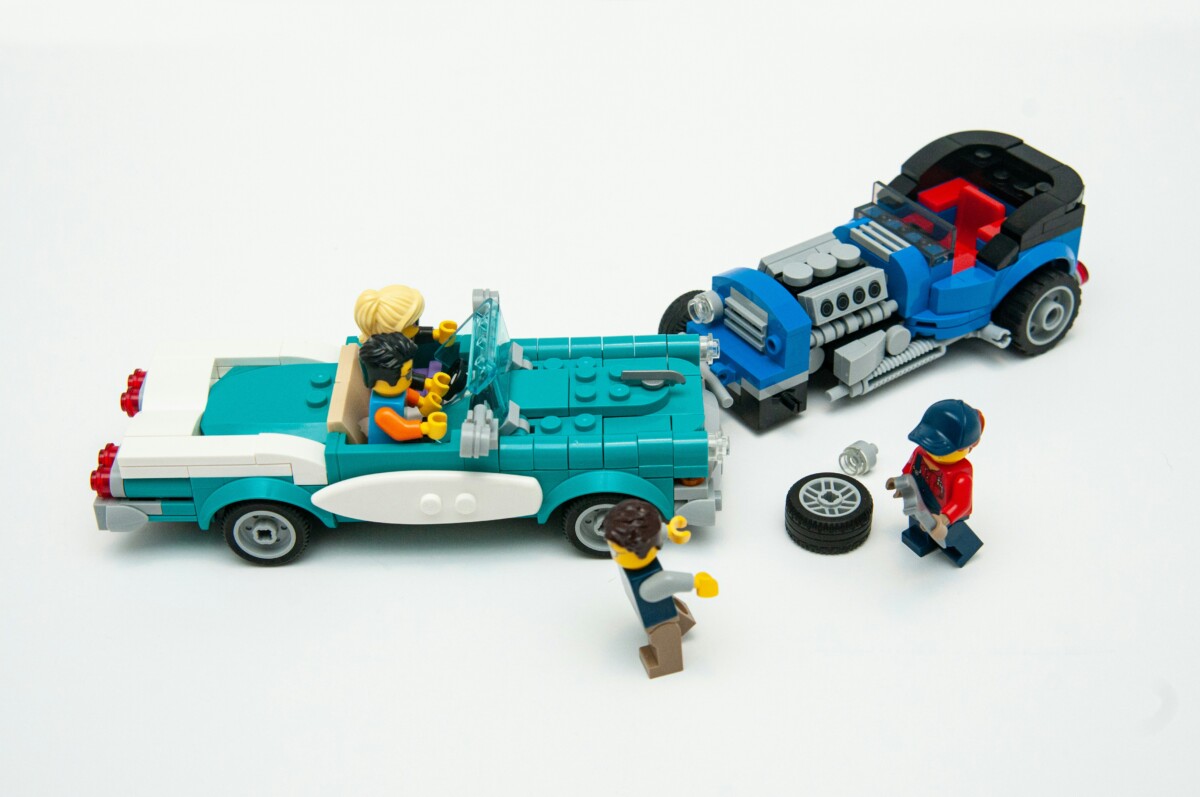*This is a collaborative post*
Unexpected car accidents can disrupt your life significantly. Even in a city known for its charm, like Houston, car accidents are an unfortunate reality. Whether you’re a local or just visiting, being prepared for these situations can make a significant difference in your well-being following an accident.
In this guide, we’ll break down what you should do immediately following a crash and what actions to avoid. Let’s get started with the further details!

Photo by Matt Hudson on Unsplash
Things You Should Do Immediately After The Collision
1. Prioritize Medical Assistance
First things first: stay calm. After a crash, keeping a level head and priortize medical assistance is crucial. Check yourself and others for injuries. If anyone is hurt, call 911 immediately. Even if injuries aren’t apparent, some symptoms can appear later, so opt for medical help. Also, early documentation of any health issues is crucial for medical and insurance purposes.
Also, turn on your hazard lights to alert other drivers and move to a safe area away from traffic to prevent further accidents.
2. Seek Legal Help
Navigating accident law can be complex, involving intricate procedures and legal jargon. Attempting to handle such cases alone can be overwhelming. Insurance companies frequently employ tactics to pressure accident victims into accepting inadequate settlements that barely cover immediate expenses.
Therefore, experienced professionals like Herrman & Herrman Houston injury lawyers strongly advise against self-representation. They emphasize that insurance companies hold an advantage with trained agents, underscoring the need for a skilled legal team with a proven history of securing fair compensation for clients facing similar circumstances. Having experienced attorneys on your side can level the playing field. They ensure you get the justice and compensation you deserve.
3. Exchange Information
After a car accident, the adrenaline rush can make clear thinking difficult. But there’s one crucial step you should remember: exchanging information with the other driver(s) involved.
Exchange names, contact information, and insurance details with the other driver. If there are any witnesses, getting their information as well can be valuable later. The assessment of who is to blame should be left to the experts.
Things You Shouldn’t Do After The Collision
1. Don’t Leave the Accident Site
Leaving the scene of an accident can result in severe penalties, especially if there’s been injury, death, or significant property damage. It’s legally required to stop your vehicle, assess the situation, and report the accident to the police.
Remain at the scene until it’s appropriate to leave, contact an attorney, ensuring all necessary information is documented and authorities are notified.
2. Don’t Lose Your Temper
It’s natural to feel upset when your vehicle is damaged, especially if the accident wasn’t your fault. However, maintaining composure is crucial. Avoid confrontations, as aggressive behavior can complicate legal proceedings and interactions with other parties involved.
Staying calm will help you think clearly and ensure you handle the situation more effectively.
3. Don’t Apologize or Admit the Fault
Refrain from apologizing or admitting fault immediately after an accident. Your comments can be used against you in legal or insurance settings. It’s best to stick to factual statements when discussing the incident with insurance representatives or other involved parties.
This approach helps maintain clarity and prevents misunderstandings that could complicate the resolution process.
4. Don’t Overlook Follow-Ups
Post-accident processes can be cumbersome, involving multiple interactions with an insurance provider and potentially the other party’s insurer. Neglecting these follow-ups can delay or complicate your claims.
You should seek the assistance of a lawyer to handle these communications effectively and ensure that your statements do not undermine your position. Keeping detailed records of all interactions and correspondence can also be beneficial.
Timely and consistent follow-ups help keep the claim process on track and increase the likelihood of a favorable outcome.
5. Don’t File a Claim Independently in the Tribunal
Seeking compensation through the Motor Accident Claims Tribunal (MACT) should be handled with legal assistance. A lawyer can present your case effectively, protecting your interests and enhancing the likelihood of a favorable outcome. Your insurance company may also offer representation, which is particularly useful in complex cases.
Navigating the legal intricacies on your own can lead to errors that may risk your claim. Professional guidance ensures that all necessary documentation and procedures are correctly followed, providing you with the best chance for success.
The Final Thoughts
By adhering to these guidelines, you can manage the aftermath of a car accident more effectively, ensuring your physical, legal, and financial interests are well-protected. Staying organized and keeping thorough records can greatly assist in any subsequent claims or legal actions. Remember, the steps you take immediately following an incident play a critical role in the resolution of any resulting issues.